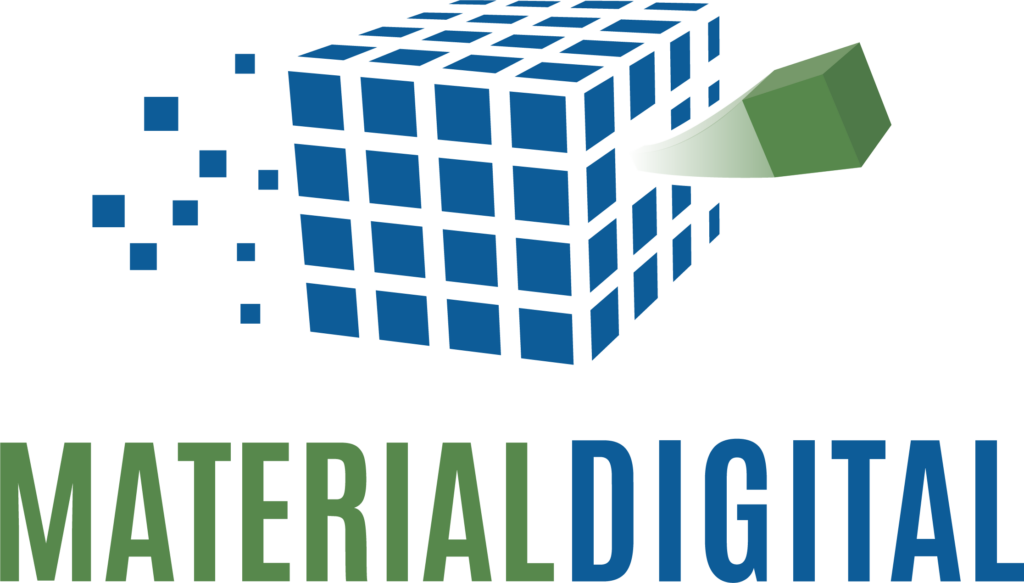First stable version 1.0 of the open source virtual research environment Kadi4Mat available
This release marks the culmination of several years of work and improvements since the first release of Kadi4Mat and also includes the first stable version of the programming interface.
Kadi4Mat has been successfully used in various research projects and use cases since its inception. In the future, development will continue to focus on improving the core functionality, infrastructure, stability and interoperability of Kadi4Mat, always with the aim of enabling good practices for the management of research data in a very flexible and customisable way. This will also be achieved thanks to Kadi4Mat’s ecosystem, which is being developed in parallel and either optimises or builds on Kadi4Mat’s existing functionalities. All relevant information about Kadi4Mat and its ecosystem can be found at https://kadi.iam.kit.edu, including a list of instances hosted at KIT for different use cases.
This version could not have been realised without the financial support of the BMBF, the DFG, the state of Baden-Württemberg and the KIT. The Kadi4Mat team would also like to thank the helpful community of researchers who have supported the development and look forward to expanding this community in the future!
Kadi4Mat, or Kadi for short, is a generic and open source virtual research environment. Originally developed in the context of materials science, Kadi4Mat can be used for the management of any type of research data within different research disciplines and use cases. Its goal is to combine the ability to manage and exchange data, the repository component, with the possibility to analyse, visualise and transform said data, the electronic lab notebook (ELN) component. The focus on the repository component is on warm data, i.e. unpublished data that is yet to be analysed further, while in the ELN component it is on the automated and documented execution of heterogeneous workflows via an application programming interface (API). In this way, a customizable framework is created that facilitates good research data management (RDM) practices and collaboration between researchers.



